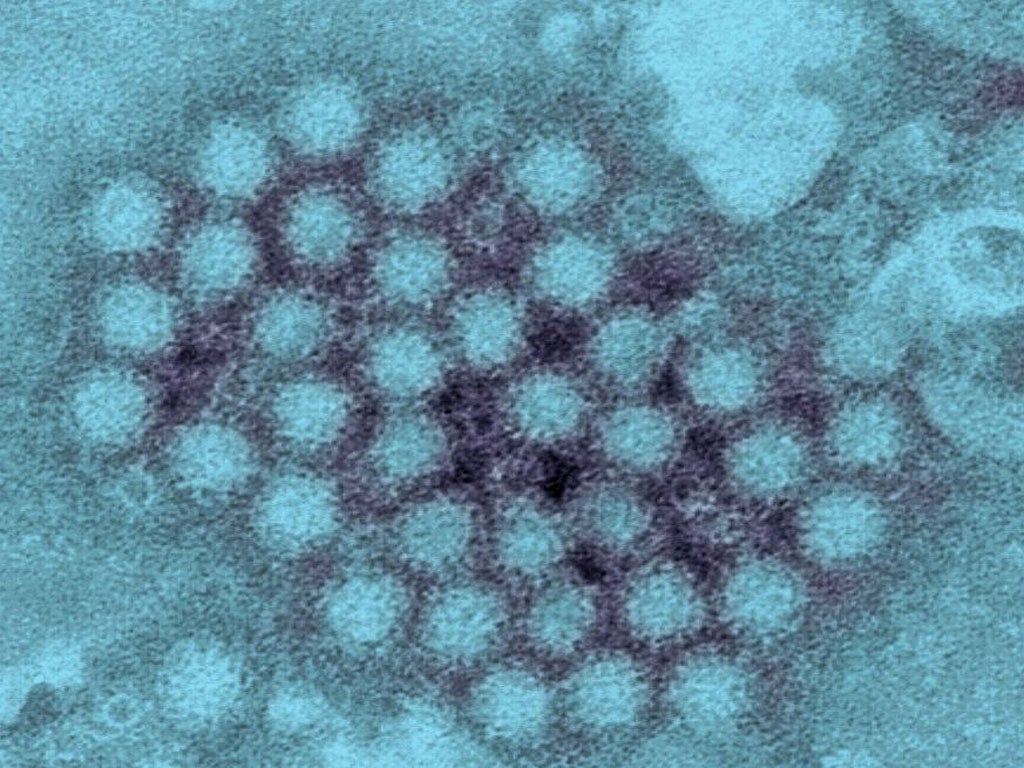Nasal vaccine trials to combat stomach-flu bug

A vaccine against norovirus, a food poisoning virus that causes violent stomach flu, could be available within five years if it can be shown to be safe when taken as a nasal spray, scientists said.
Tests on laboratory animals have shown that a potential nasal vaccine against norovirus appears to generate the sort of immune response that should protect people against infection.
However, clinicial trials on hundreds of human volunteers over several years will be still be needed before the vaccine can be used by the general public, they said.
Although rarely fatal, norovirus can severely incapacitate people for up to three days. It is extremely contagious and spreads rapidly when people are confined together in situations such military camps or holiday cruise liners.
Professor Charles Arntzen of Arizona State University told the American Association for the Advancement of Science in Vancouver that scientists have developed a potential vaccine against the norovirus based on synthetic proteins found on the outer coating of the virus.
Researchers have genetically engineered tobacco plant to produce the viral coat proteins in their leaves. These proteins form empty viral “shells” that act as vaccine “antigens” that stimulate the immune response, Professor Arntzen said.
“We have created a vaccine that will be administered in a little device that puts a puff of powder up the nose. If you shoot it up one nostril it fills the nasal cavity on both sides. Our current formulation is showing wonderful immune response in animal tests,” Professor Arntzen said.
“The technical issues are probably solved, now it’s a regulatory issue. The US Food and Drug Administration has to go through every stage of development. If everything went well, we could have a vaccine in four or five years,” he said.
Norovirus in contaminated food attacks the body through the wall of the digestive gut but stimulating the immune defences of the body through the nose seems to be better than using an oral vaccine, Professor Arntzen said.
“It turns out that nasal immunisation works better than oral immunisation and it’s probably because the vaccine is degraded as it goes through the stomach and before it gets to the gut,” he said.
Further tests are needed to see if the vaccine can give some level of protection to at least 80 per cent of people who are vaccinated. This would provide the required “herd immunity” that could protect for instance people travelling on cruise ships.
“In situations like a cruise ship norovirus can spread like wildfire from one person to another. All that they have to do is for an infected person to leave as few as 10 viruses on a doorknob,” Professor Arntzen said.
“It’s a tough little virus. Once it gets into the environment it’s hard to get rid of and it causes this very rapid outbreak of disease. People recover usually after 72 hours but you can continue to shed virus for up to four weeks,” he explained.
Join our commenting forum
Join thought-provoking conversations, follow other Independent readers and see their replies
Comments
Bookmark popover
Removed from bookmarks